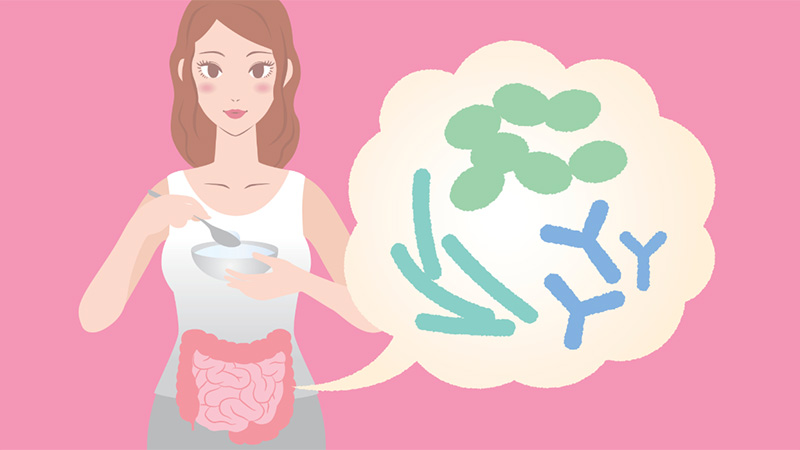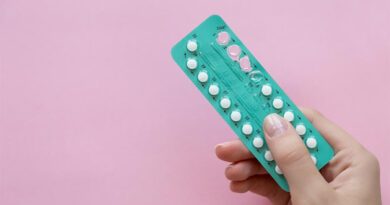Why Women Need Probiotics
Ninety percent of the human body is made up of microbial cells, with about 100 trillion bacteria found in the digestive system alone. Good bacteria help digest the food in the intestine and produce vitamins and infection-fighting antibodies, while destructive bacteria release toxins and trigger illness. Hence, making sure that good bacteria in your gut outnumber the bad is the secret to feeling and living well.

The National Center for Complementary and Integrative Health says that eating food rich in probiotics can help your “gut flora” or “gut microbiome” return to a healthy state after being disturbed by chronic stress or antibiotic overuse as well as stimulating your body’s immune response.
Our digestive system actually already has naturally occurring probiotic live organisms, but food and supplements can help add to the population of good bacteria, which feed on fibers and convert them into helpful compounds.
How important are probiotics to women’s health in particular?
- They regulate estrogen levels.
Gut care is highly important to women because the hormones produced by the endocrine glands that regulate metabolism also regulate the menstrual cycle. Healthy digestion through a normal bowel transit time keeps excess estrogen out of circulation instead of being reabsorbed by the body. Too much estrogen is the cause of heavier menstrual periods and heightens the risk of uterine fibroids and breast cancer.
- They help with weight loss.
An overgrowth of harmful bacteria can cause you to crave unhealthy food, particularly processed and sugary products, stimulating fat formation and storage. A high-fiber diet of fruit and vegetables is recommended, as processed food and animal protein can feed bad bacteria.
- They affect vaginal health.
Studies show that regularly taking probiotics can help women who are prone to vaginal infections. Probiotics for BV prevention help regulate PH and lactic acid.
- They aid in conception.
Yeast strains and pathogenic bacteria can be hostile to incoming sperm and make conditions less than ideal for your body to conceive. Moreover, toxins can be released by bad bacteria that can interfere with your hormonal balance and ovulation. High-quality spore probiotics can prevent “toxic streaming” and bring your hormones to procreative levels. Natural sources of probiotics include yogurt, milk, kefir, algae, pickles, high-quality dark chocolate, miso, and tea.
- They help with aging.
Your gut may need help with digestion as your gastric secretions and the condition of your teeth decline with age. Probiotic supplements provide the support your body needs so that it will continue to absorb the nutrients from the food you eat. A 2015 study showed that products with Lactobacillus plantarum reduce skin wrinkles. A gut friendly diet with an oral probiotic may also help nourish the skin.
Be sure to consult your doctor before taking any supplements. After consulting with your doctor about supplements, check their expiration date to ensure that they have not gone beyond the shelf life of the organisms they contain. Preserve them in a cool, dry place. Moreover, for best results, take prebiotics so that your probiotics can be fed and multiply.



